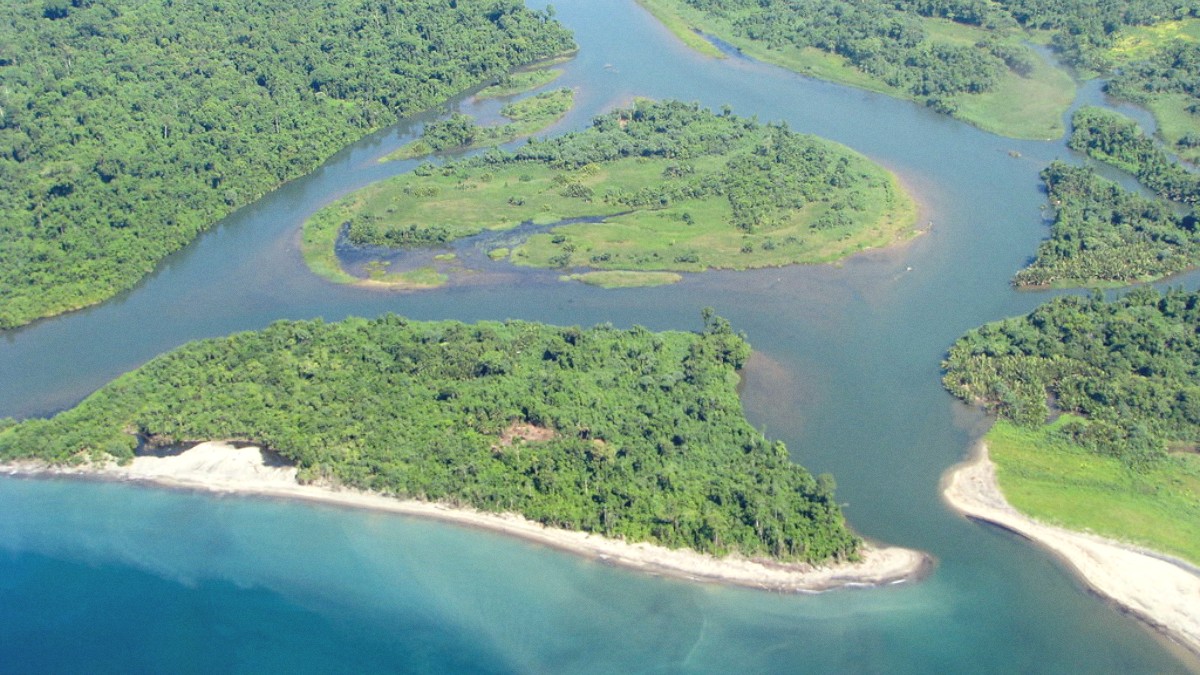
Island Provinces, Papua New Guinea
December to March
Fewer tourists, lower prices, lush green landscape.
High rainfall, potential flooding, rougher seas, higher humidity, increased mosquito activity.
April and November
Fewer crowds, often good weather, better accommodation and activity rates.
Weather less predictable, varying sea conditions.
May to October
Less rainfall, calmer seas, better diving visibility, comfortable outdoor activities, predictable road travel.
Increased demand, potentially higher prices for accommodation and tours.
While New Britain sits outside the main cyclone belt, tropical depressions can form in the region, specifically during the wet season. These bring heavy rains and strong winds. Monitoring local weather forecasts before and during your trip is wise.
Volcanic activity, specifically around Rabaul, presents an ongoing natural phenomenon. Authorities continuously monitor the volcanoes, and visitors should adhere to all exclusion zones and warnings. Ash falls may occur, especially near active vents.
May to October brings the best visibility and calmest conditions.
The dry season (May to October) makes treks safer and more accessible.
The National Mask Festival in Rabaul typically occurs in July.
Drier conditions from May to October aid smoother travel.
The high season offers a more comfortable general touring experience.
All non-citizens require a visa to enter Papua New Guinea. Obtaining your visa before arrival is highly recommended.
The Tourist Visa (Visitor Visa) serves most leisure travelers. Citizens of some countries (e.g., Australia, New Zealand, USA, UK, Canada, most EU) may qualify for a Visa on Arrival (VoA), typically at Port Moresby's Jacksons International Airport (POM). VoA availability can change; verify current status with PNG Immigration and Citizenship Authority (ICA).
Prepare the following for your visa application and upon arrival:
Prices adapt from general PNG costs for New Britain. One Kina (K) divides into 100 Toea (t).
These are estimates and can fluctuate.
Prioritize your health and safety during travel to New Britain.
Certificate for arrivals from or transit through risk countries.
Hepatitis A & B, Typhoid, Tdap, MMR, Polio, Japanese Encephalitis.
High-risk zone. Anti-malarial prophylaxis is strongly advised. Discuss with your doctor.
Prevention is in a tropical climate.
Malaria, Dengue Fever, Chikungunya, and Zika are mosquito-borne. Use Insect repellent containing DEET, like OFF! Deep Woods Insect Repellent. Diarrhea is also common; drink only bottled or purified water, and eat hot, cooked food. Carry Anti-diarrhea medication like Imodium.
Sunburn and heatstroke are risks; use High-SPF sunscreen, wear a Wide-brimmed hat, and hydrate. Clean and treat all cuts promptly.
Medical facilities are basic, notably outside Kokopo and Kimbe.
Serious medical conditions may necessitate evacuation to Australia.
Private medical services are limited and can be expensive.
New Britain is generally safer for tourists than parts of Port Moresby or Lae. However, crime, including petty theft, bag snatching, and occasional violent crime, does occur.
Safe drinking water and food hygiene are paramount.
Tap water is generally unsafe to drink. Stick to bottled water, boiled water, or filtered water. Consider a Portable water filter for convenience.
Exercise caution with street food. Confirm all food is freshly cooked and hot. Avoid raw fruits and vegetables unless peeled or thoroughly washed with safe water.
Carry a basic First aid kit with antiseptics, bandages, and pain relievers. Tropical climates can lead to quick infections.